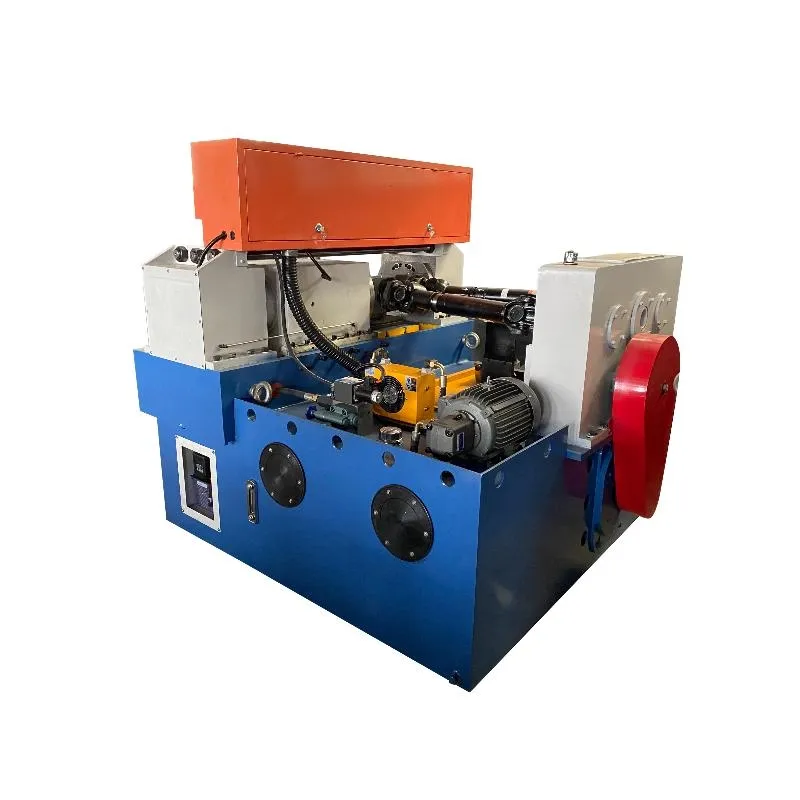
-
 Afrikaans
Afrikaans -
 Albanian
Albanian -
 Amharic
Amharic -
 Arabic
Arabic -
 Armenian
Armenian -
 Azerbaijani
Azerbaijani -
 Basque
Basque -
 Belarusian
Belarusian -
 Bengali
Bengali -
 Bosnian
Bosnian -
 Bulgarian
Bulgarian -
 Catalan
Catalan -
 Cebuano
Cebuano -
 Corsican
Corsican -
 Croatian
Croatian -
 Czech
Czech -
 Danish
Danish -
 Dutch
Dutch -
 English
English -
 Esperanto
Esperanto -
 Estonian
Estonian -
 Finnish
Finnish -
 French
French -
 Frisian
Frisian -
 Galician
Galician -
 Georgian
Georgian -
 German
German -
 Greek
Greek -
 Gujarati
Gujarati -
 Haitian Creole
Haitian Creole -
 hausa
hausa -
 hawaiian
hawaiian -
 Hebrew
Hebrew -
 Hindi
Hindi -
 Miao
Miao -
 Hungarian
Hungarian -
 Icelandic
Icelandic -
 igbo
igbo -
 Indonesian
Indonesian -
 irish
irish -
 Italian
Italian -
 Japanese
Japanese -
 Javanese
Javanese -
 Kannada
Kannada -
 kazakh
kazakh -
 Khmer
Khmer -
 Rwandese
Rwandese -
 Korean
Korean -
 Kurdish
Kurdish -
 Kyrgyz
Kyrgyz -
 Lao
Lao -
 Latin
Latin -
 Latvian
Latvian -
 Lithuanian
Lithuanian -
 Luxembourgish
Luxembourgish -
 Macedonian
Macedonian -
 Malgashi
Malgashi -
 Malay
Malay -
 Malayalam
Malayalam -
 Maltese
Maltese -
 Maori
Maori -
 Marathi
Marathi -
 Mongolian
Mongolian -
 Myanmar
Myanmar -
 Nepali
Nepali -
 Norwegian
Norwegian -
 Norwegian
Norwegian -
 Occitan
Occitan -
 Pashto
Pashto -
 Persian
Persian -
 Polish
Polish -
 Portuguese
Portuguese -
 Punjabi
Punjabi -
 Romanian
Romanian -
 Russian
Russian -
 Samoan
Samoan -
 Scottish Gaelic
Scottish Gaelic -
 Serbian
Serbian -
 Sesotho
Sesotho -
 Shona
Shona -
 Sindhi
Sindhi -
 Sinhala
Sinhala -
 Slovak
Slovak -
 Slovenian
Slovenian -
 Somali
Somali -
 Spanish
Spanish -
 Sundanese
Sundanese -
 Swahili
Swahili -
 Swedish
Swedish -
 Tagalog
Tagalog -
 Tajik
Tajik -
 Tamil
Tamil -
 Tatar
Tatar -
 Telugu
Telugu -
 Thai
Thai -
 Turkish
Turkish -
 Turkmen
Turkmen -
 Ukrainian
Ukrainian -
 Urdu
Urdu -
 Uighur
Uighur -
 Uzbek
Uzbek -
 Vietnamese
Vietnamese -
 Welsh
Welsh -
 Bantu
Bantu -
 Yiddish
Yiddish -
 Yoruba
Yoruba -
 Zulu
Zulu
Working Principles and Maintenance of Thread Rolling Machines in Industrial Applications
Understanding Thread Rolling Machine Working Service
In the manufacturing industry, the precision and efficiency of threaded components are crucial. Thread rolling machines play a significant role in producing these components, offering a method that enhances strength and integrity while maintaining dimensional accuracy. This article explores the working service of thread rolling machines, their benefits, and their applications in various industries.
What is a Thread Rolling Machine?
A thread rolling machine is a specialized piece of equipment designed to create external threads on cylindrical workpieces by cold forming methods. Unlike traditional cutting methods, which remove material to form threads, thread rolling involves deforming the material through the application of pressure, resulting in a thread structure that is both strong and precise. The process can produce threads on bolts, screws, and other fasteners in a range of sizes and configurations.
How Does a Thread Rolling Machine Work?
The operation of a thread rolling machine is relatively straightforward, but it requires precision and control. Here’s a step-by-step outline of the process
1. Material Preparation The workpiece is typically made of metal and must be properly prepared before threading. This includes cutting the material to the desired length and ensuring the surface is clean.
2. Feeding the Workpiece The prepared workpiece is then fed into the machine. Modern thread rolling machines often utilize automatic feeders for enhanced productivity.
3. Thread Rolling Process Once positioned, the machine uses specially designed dies to apply pressure to the workpiece. The dies come in pairs and are shaped according to the desired thread profile. As the workpiece is rolled between the dies, it deforms under pressure, creating the threads.
4. Quality Control After the threading process, the components undergo quality control checks to ensure they meet the required specifications. This may include measuring the thread pitch, diameter, and overall finish.
5. Finishing Operations Depending on the application, additional finishing operations such as heat treatment or surface coating may be performed to enhance the durability and corrosion resistance of the threaded components.
thread rolling machine working service

Benefits of Thread Rolling Machines
The adoption of thread rolling machines offers several advantages over traditional machining methods
- Increased Strength Thread rolling produces threads with a higher tensile strength due to the work-hardening effect of the cold forming process. The grains of the material are compressed and aligned in a way that enhances their structural integrity.
- Dimensional Accuracy These machines are capable of producing highly accurate threads, reducing the need for secondary operations and ensuring that the parts fit together tightly.
- Enhanced Surface Finish The thread rolling process results in a smooth surface finish, reducing the necessity for further processing and enhancing the aesthetic compatibility of the components.
- Material Efficiency Since the process does not involve cutting away material, there is less waste, making thread rolling a more economical choice for high-volume production.
- Speed The automated systems in modern thread rolling machines can operate at high speeds, significantly increasing production rates compared to traditional methods.
Applications in Various Industries
Thread rolling machines are widely used across various industries, including automotive, aerospace, machine manufacturing, and construction. In automotive manufacturing, for instance, they are used to produce critical components such as bolts, nuts, and studs that require high strength and reliability. Similarly, the aerospace industry demands precision-engineered threaded parts for maintaining the integrity of aircraft structures.
In conclusion, thread rolling machines are essential tools in modern manufacturing processes. They provide an efficient, cost-effective, and high-quality method for creating threaded fasteners and components across numerous industries. As technology advances, the capabilities of these machines will continue to evolve, further enhancing their importance in producing reliable and durable threaded products. Companies looking to improve their production capabilities should consider incorporating thread rolling machines into their manufacturing processes to achieve superior results.
